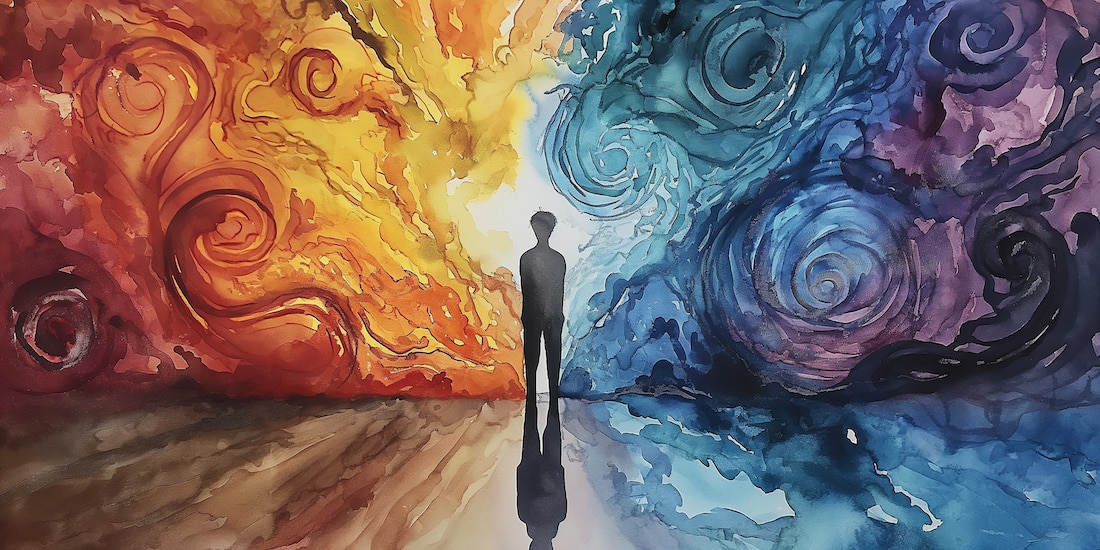Bipolar disorder or manic-depressive disorder is a mood disorder that affects the lives of nearly 6 million Americans during any given year. The disorder can be characterized by extreme and unpredictable changes in mood, behavior and energy levels. These episodes or “cycles” are classified as either depressive, manic or hypomanic.
The typical patient with bipolar disorder will experience two of these cycles annually. If a bipolar individual experiences more than four cycles in a year’s time, this is called “rapid cycling”. There are no clear explanations as to why rapid cycling occurs. Studies suggest that the use of antidepressant medications, head injuries, work related stress, drug and alcohol use and changes in the body’s circadian rhythm have the largest correlation with rapid cycling.
Although bipolar disorder is a condition diagnosed rather evenly among men and women, women are much more likely than men to experience rapid cycling. The typical mood change will fluctuate between the two extremes; manic and depressive states. Symptoms of a manic episode could include extreme losses of sleep, accelerated mental and physical activity, increased irritability, hallucinations and increased aggression. Symptoms seen most often during depressive episodes often include extreme sadness and crying, thoughts of suicide, social withdrawal, mental and physical exhaustion, sleeping for long periods of time or the consumption of drugs and alcohol.
There are times when a bipolar individual may show signs of both manic and depressive episodes at the exact same time. This is called a “mixed state” or “mixed mania”. The individual will show great variation in their behaviors which could include extreme aggression and extreme sadness all within a matter of a few minutes. Mixed mania is seen most often in bipolar individuals under the age of 25 and suicide is the most dangerous risk seen in individuals caught in a mixed state.
Bipolar disorder is largely genetic and cannot be cured. It can be treated rather effectively, however, with prescriptions medications such as Olanzapine, Clozapine and Ziprasidone. These medications have the ability to minimize the frequent highs and lows experienced by patients that suffer from bipolar disorder. When medication is combined with psychotherapies like cognitive behavioral therapy, an individual can often become very skilled at regulating their moods and living with bipolar disorder.
Pasadena Villa has a proven track record for effectively treating bipolar disorder and other co-occurring disorders. Our treatment centers in both Florida and Tennessee utilize a Social Integration Model ™ that helps our clients hone their social skills and return to a fully functional and healthy lifestyle in recovery. We also offer outpatient treatment services in Raleigh, North Carolina. To learn more about our bipolar treatment programs, please call 407-215-2519 to speak with one of our admissions counselors or fill out our contact form. All inquiries and assessments are kept free and confidential.
Pasadena Villa Psychiatric Residential Treatment Network of Services is a private, out of network provider offering a full continuum of services.
Reference:



